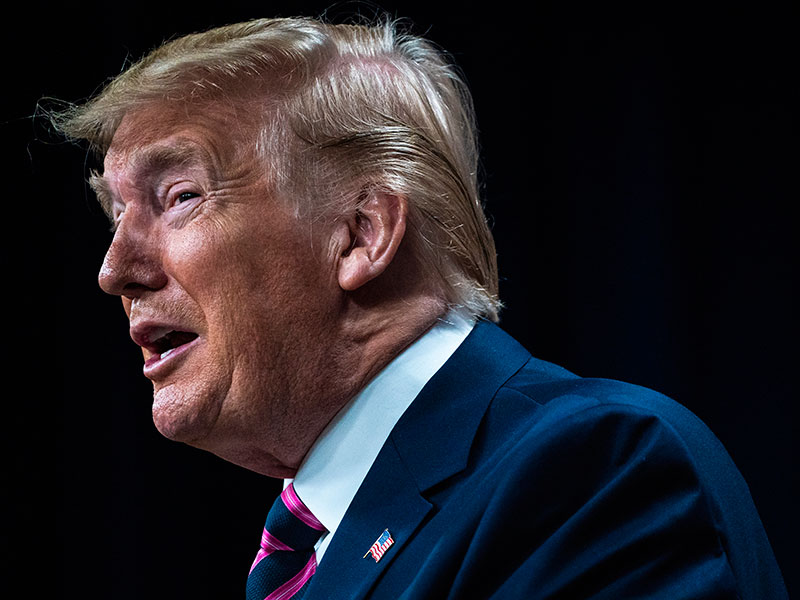
The trade war between the US and China has been wide in scope, but on December 12, US President Donald Trump signed off ‘phase one’ of a deal with China, following extensive discussions with his advisors. Agreeing to the deal has enabled Trump to avert the introduction of new tariffs, which were due on December 15 and expected to affect around $160bn worth of Chinese consumer goods. Although the terms of the deal have now been approved by Trump, the legal text must still be finalised.
Phase one of the trade deal calls for China to buy $50bn worth of agricultural goods from the US in 2020; in exchange, the US will reduce tariffs on many Chinese imports, which currently range from 15 to 25 percent. The deal will also include Chinese commitments to averting intellectual property theft, as well as promises from both sides not to manipulate their respective currencies. The Chinese renminbi surged significantly as the trade war cooled in the summer of 2019, rising above seven yuan to the dollar for the first time in three months.
Away from the upcoming election, Trump’s agreements with China have been met with criticism from members of his own party
Looking to the future, Trump expects phase one of his deal to lead to further negotiations, with subsequent agreements likely to tackle more difficult issues, such as forced technology transfer, subsidies and reviewing the behaviour of Chinese state-owned firms.
More immediately, Trump must consider his position on the trade war ahead of the 2020 election campaign. The US president is currently faced with a dilemma over whether to bet on an escalation of hostilities and tariffs with China or to follow the advice of more market-orientated advisors, who have argued that a pause in the trade dispute would help the slowing US economy rebound.
Away from the upcoming election, Trump’s agreements with China have been met with criticism from members of his own party. Republican Senator Marco Rubio has urged the White House to consider the risks of the deal, while others have warned Trump that his administration must stay strong against the Chinese Government. Clearly, Trump still has turbulent times ahead and will struggle to reach a compromise that sees him achieve further agreements with China while remaining popular among Republicans.


